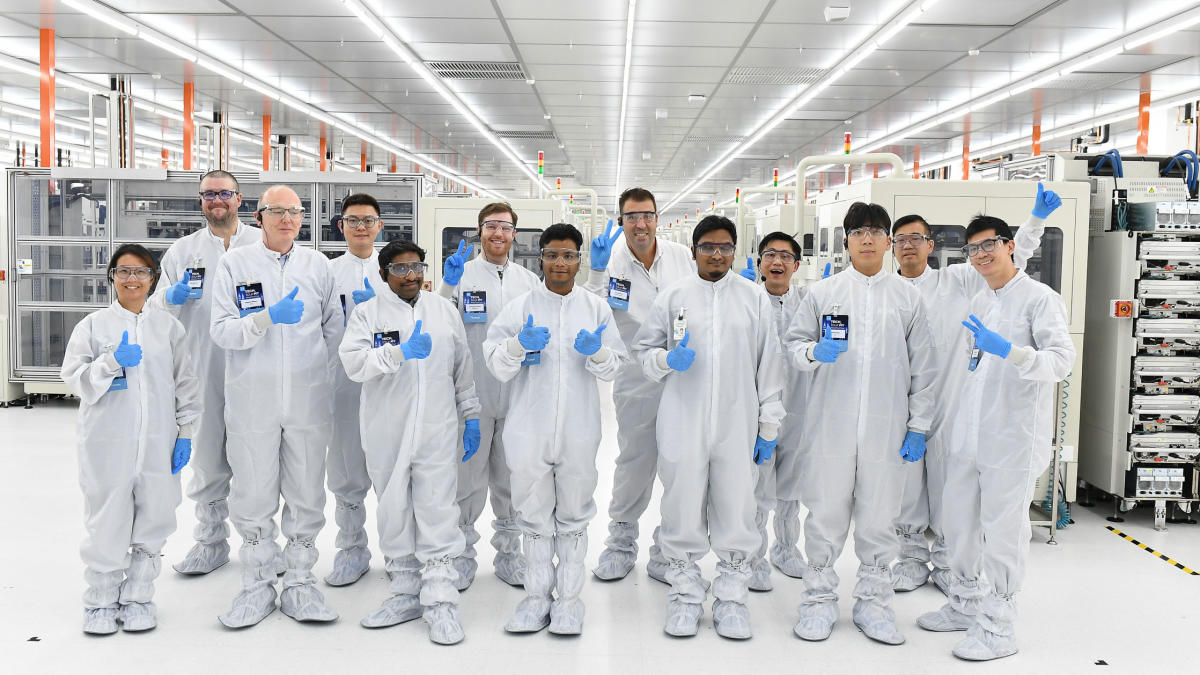Intel Corporation (INTC) Deutsche Bank's 2023 Technology Conference
My favorite clips:
"And I would say, and I was just in Oregon yesterday with our technology development teams, looking good. We feel like we're solidly on track with 18A. We're getting the -- and this -- for foundry customers, hey, they need good solid PDKs. They need confidence that we can do this. The amount of interest that we're getting in this area is progressing very well for it. The technology itself is progressing very well.
And as we said, we believe that, that will be manufacturing ready end of next year, giving us a leadership position in '25. We're making good progress for our internal products like Clearwater Forest, our next-generation client products are all in the latter design phases, but also foundry customers.
And we've now received a large customer prepay for 18A capacity. So now customers are getting confident enough that they're putting dollars on our balance sheet to accelerate our 18A capacity. So quite excited about that.
So overall, everything is coming together, as we've said. And this customer prepay really is a strong exclamation point to momentum for 18A and the manufacturing capacity for that.
Yes. And we -- as we look at it, TSMC has established a market, right? Super clear. Remember, I'm a customer of TSMC. So I know exactly what their wafer costs are, what their wafer ASP is, they're presenting to their N5 customers, to their N3 customers, their budgetary for N2. We know what the target is, right, for that."
It is a good read. TSMC was mentioned a dozen times so they are very focused on delivering better value.

Intel Corporation (INTC) Deutsche Bank's 2023 Technology Conference (Transcript)
Intel Corporation (NASDAQ:NASDAQ:INTC) Deutsche Bank's 2023 Technology Conference August 31, 2023 1:15 PM ETCompany ParticipantsPat Gelsinger -...


